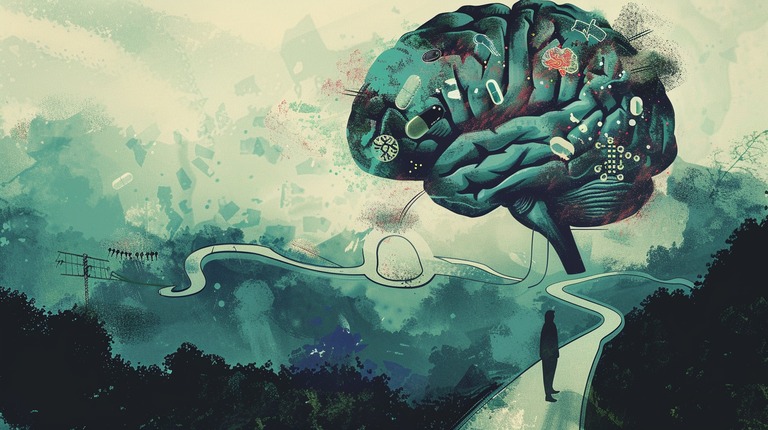
Kindness Can Help With Addiction
Understanding “The Disease of Addiction”
Addiction is not just a lack of willpower or a moral failing. It is a brain disorder where someone becomes dependent on something, like a substance or behavior. This dependence changes the brain, making the person feel like they need the addictive thing to feel normal.
It's important to see addiction as a health issue to show care and support those struggling with it. Addictions do not only include physical things we consume, such as drugs or alcohol, but may include virtually anything.
The Brain’s Battle
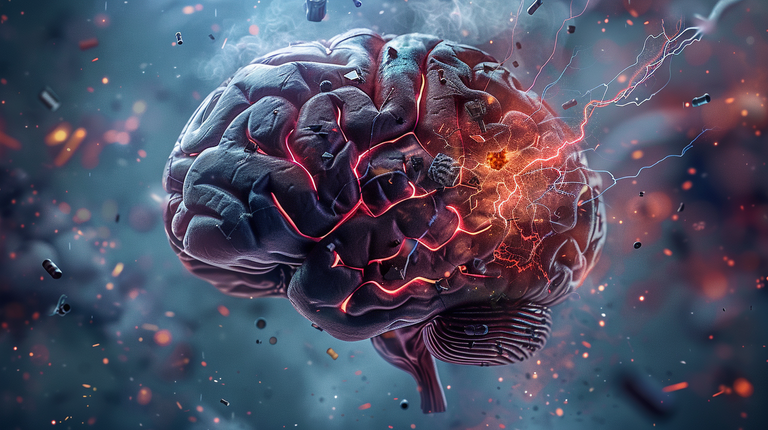
Addiction isn’t a simple craving; it’s a battle within the brain. Let’s break it down:
Compulsion: People struggling with addiction feel an irresistible urge to engage in a particular behavior or consume a substance. This compulsion overrides rational thought and self-control.
Dependency: The brain becomes reliant on the behavior or substance. It rewires neural pathways, reinforcing the addictive cycle. Withdrawal symptoms occur when the substance is absent.
Reward System Hijack: The brain’s reward system, responsible for pleasure and motivation, gets hijacked. Addictive substances flood it with dopamine, creating an intense but unsustainable high.
Addiction and The Brains Reward System
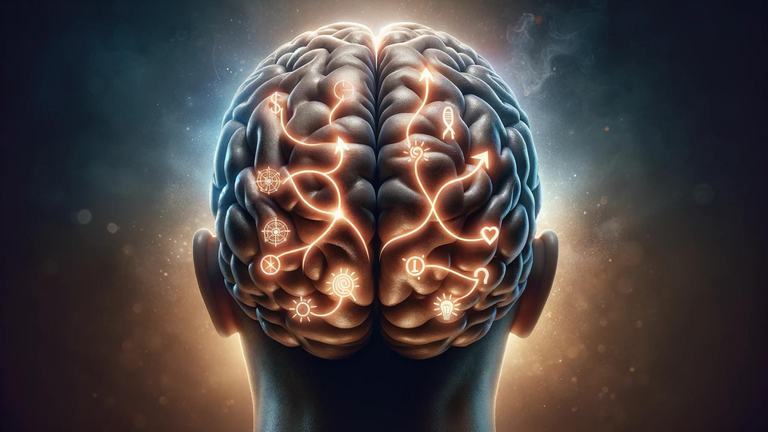
Addiction and substance use can cause changes in the brain. Drugs affect how the brain's reward system works, leading to addictive behavior. This affects decision-making and communication between brain cells. Addiction changes the brain's reward system, making natural rewards less enjoyable.
Tolerance develops, requiring more drugs to feel the same effects. Long-term drug use can harm brain function. Research on primates has helped scientists learn more about how the brain is motivated and rewarded. Scientists are studying proteins and brain parts involved in rewards to understand addiction better.
Kindness as a Healing Force
Now, where does kindness fit into this equation? Here’s how:
Reducing Stigma: Kindness helps combat the stigma associated with addiction. Instead of judgment, empathy and understanding pave the way for healing.
Support Networks: Kind acts create a supportive environment. Friends, family, and communities play a vital role in an addict’s recovery journey.
Compassionate Treatment: Healthcare professionals who approach addiction with kindness foster trust. Compassion-driven care encourages people to seek help.
Breaking the Cycle
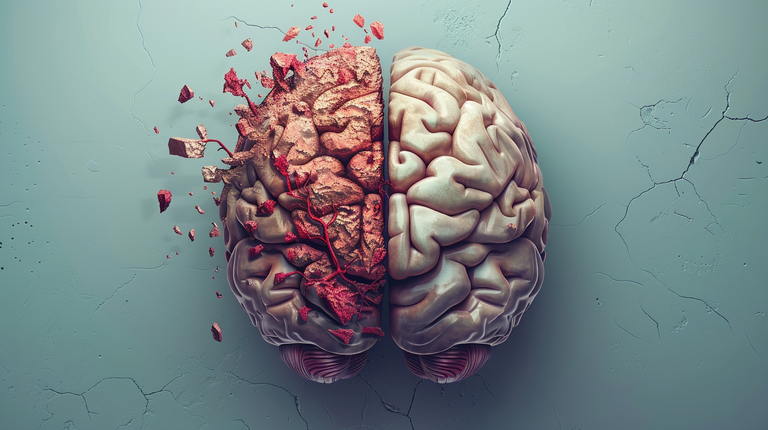
Breaking free from addiction requires more than willpower. It demands a compassionate approach:
- Self-Compassion: Addicts often blame themselves. Kindness toward oneself—acknowledging mistakes without self condemnation can be transformative.
- Community Support: Kindness from peers and support groups reinforces resilience. Knowing you’re not alone makes the journey less daunting.
- Random Acts of Kindness: Small gestures—listening without judgment, offering encouragement can uplift someone battling addiction.
Kindness helps break isolation and build connections, creating a supportive community. Acts of kindness give hope to people in recovery and make them feel valued. Helping others is important for staying sober, according to Alcoholics Anonymous.
Taken From Oficial AA Literature
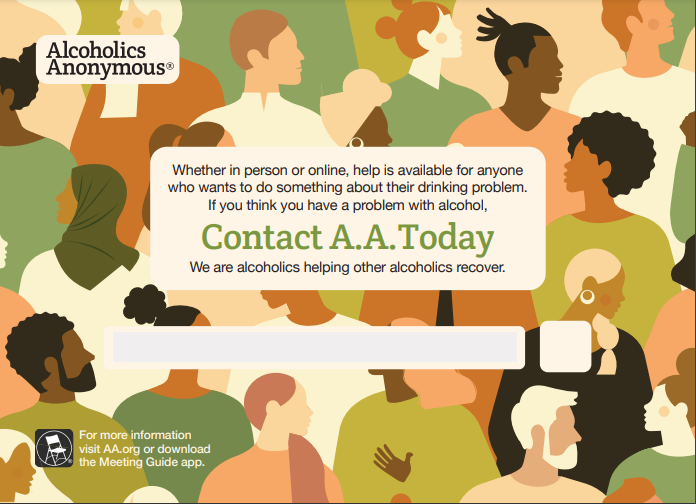
Carry the message. One of the most important things you can do for other alcoholics is to carry the message of recovery. Share your story with them, and let them know that you are available to help them in any way you can.
Be compassionate and patient. Alcoholics are very ill, and they need our compassion and patience. They may not always be easy to deal with, but it is important to remember that they are doing the best they can.
Help others. Helping others can bring new meaning to your life, crete friendships, and eliminate loneliness. When you focus on helping others, you take your mind off of your own problems and you get a sense of purpose.
Find alcoholics who are seeking recovery. If you don't know any alcoholics who are seeking recovery, you can consult doctors, ministers, or hospitals for referrals.
Cooperate, never criticize. When you work with other alcoholics, it is important to cooperate and never criticize. Your aim is to be helpful, not to tear others down.
Higher Chance of Avoiding a Relapse
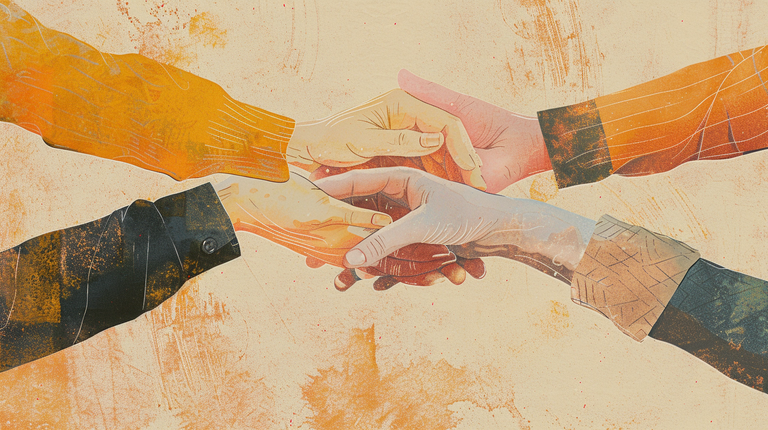
Helping others in recovery from alcohol addiction increases the chance of avoiding relapse by 40%. Relapse rates for alcohol addiction are similar to asthma and hypertension, ranging from 40% to 60%. Stress triggers 65% of relapses.
These rates decrease to 50% after one year and 15% after five years. Support networks are important in reducing the risk of relapse, with 40% crediting their success to support. Attending AA meetings can decrease the risk of relapse by 60%.
Addiction Shame and Stigma
Overcoming addiction is hard because of the shame and judgment it brings. Being kind and understanding instead of judgmental can help change these negative views. When people are treated with compassion, they feel better about themselves and can forgive and accept themselves, which is important for recovery.
Ways to Reduce Shame and Stigma of Addiction

- Encouraging Positive Behaviors
Kindness can help people make positive changes. Acts of kindness release feel-good chemicals in our brains, reducing cravings and helping us cope better.
- Creating a Supportive Environment
Having supportive people around us is important for recovery. They can encourage us, celebrate our successes, and keep us on track.
- Fostering Self-Kindness
Being Kind to Ourselves is Crucial

Being kind is important in overcoming addiction. It helps us connect with others, heal, and find hope. Kindness is not a weakness, but a strong force for healing. Let compassion lead us as we deal with addiction. Together, we can break free and give hope to those in need. Addiction is not a moral issue, but a disease. Let's use kindness as our solution.
Quick Facts about Drug Abuse and Addiction
Addiction changes the brain, causing intense cravings, making it hard to quit through willpower alone.
Addiction is a treatable brain disease.
Early intervention is important.
Treatment can be beneficial for those encouraged to seek help by others, even if they were initially reluctant.
Recovering from addiction is a long process with possible setbacks.
A relapse doesn't mean treatment failed; it's a sign to refocus and adjust treatment.
recoveryways.com
Educate Yourself About Alcohol and Drug Abuse

Educating yourself about the problem is the first step toward helping your loved one. The National Institute on Drug Abuse’s website is an excellent place to begin your research. You can also check out the National Substance Abuse and Mental Health Services website for information on available treatment.
Common Signs and Symptoms of Drug Abuse
- Neglecting responsibilities at school, work, or home because of drug use:
- Missing important deadlines or appointments due to drug use
- Decreased performance in school or at work
- Neglecting household chores or duties
- Using drugs under dangerous conditions or taking risks while high:
- Driving under the influence of drugs
- Sharing needles while injecting drugs
- Engaging in unprotected sex while under the influence
- Facing legal trouble due to drug use:
- Getting arrested for drug-related offenses
- Committing crimes to support a drug habit
- Being charged with disorderly conduct as a result of drug use
- Experiencing problems in relationships because of drug use: \
- Constant conflicts with family members or partners about drug use
- Losing old friends due to changes in behavior caused by drugs
- Strained relationships with colleagues or supervisors due to drug-related issues
Encourage Treatment, but Don’t Force It
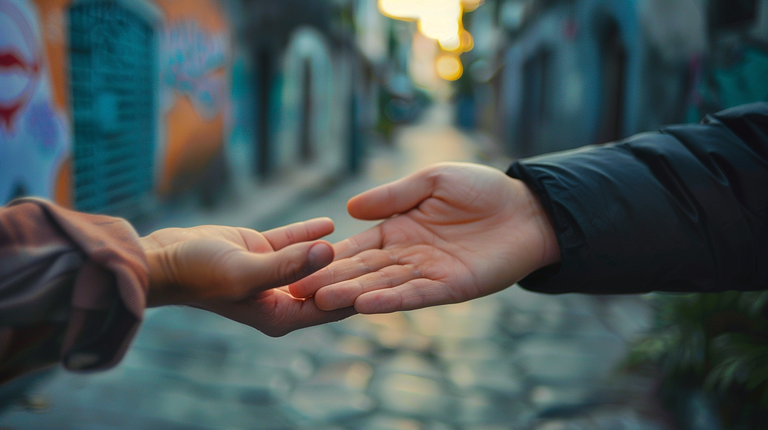
If you believe a loved one is abusing drugs or alcohol, it is important to recognize the signs of substance abuse and seek professional help. Loved ones and close friends may be able to do this on their own, but people who are further away from the user may need help getting the appropriate intervention. If your loved one is willing to be treated, offer your support by helping them find a good program. However, don’t force them to enroll in treatment.
For more information and help, Click here for the Drug Abuse Hotline Website
Additional Kindness Challenge ideas
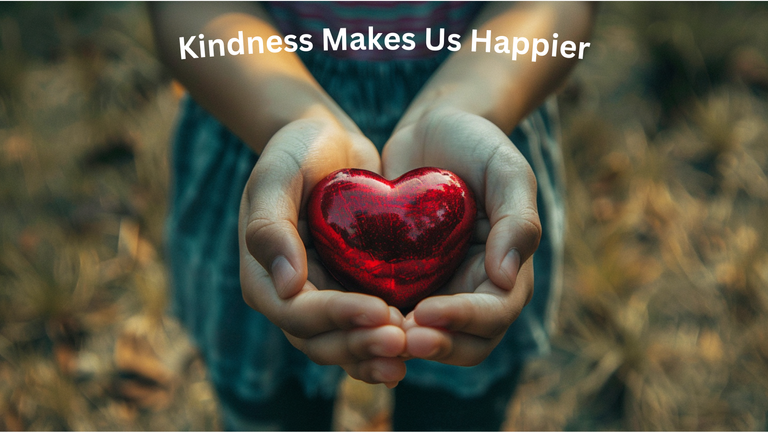
- Print Out "You Matter" Cards!
- Support a loved one by letting them know you're there for them.
- Spread kindness by volunteering your time.
- Be kind to strangers, you never know what they may be going through.
- Believe in your ability to make a positive impact on the world. Your actions, no matter how small, can create meaningful change.
- Create a playlist of feel-good songs and share it with someone who could use a dose of positivity.
- Take a mindful pause. Close your eyes, take a deep breath, and remind yourself that you're capable of handling whatever comes your way.
- Support a loved one with depression by offering your presence. Create a space filled with kindness and compassion and deepen your connection. Your presence can make a difference.
- Support mental health advocacy by raising awareness, engaging in conversations that eliminate stigma and promote understanding.
- Really want to help someone struggling with their mental health? Educate yourself about mental health. Read books, articles, and listen to podcasts to gain a deeper understanding of the challenges people face.
- Support local authors who write books on mental health and well-being. Spread awareness of their work and the valuable insights they offer.
- Be kind to yourself.
Here Are a Few Ideas for Self Kindness
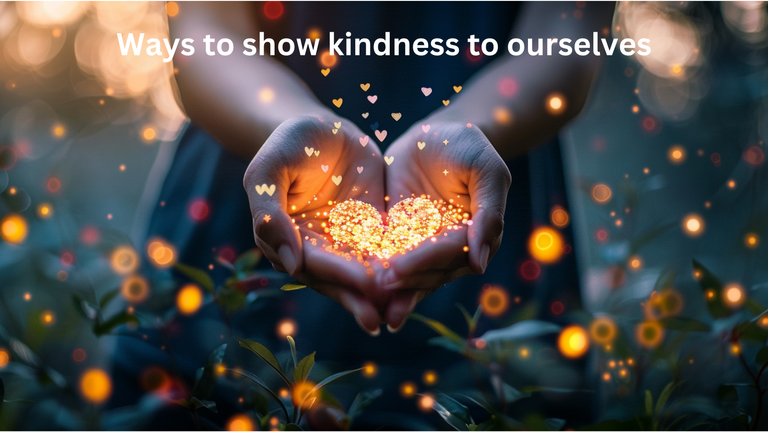
- Embrace the power of gratitude. Cultivate a thankful heart and appreciate the abundance of blessings in your life, big and small.
- Trust that the universe has a plan for you, even when things don't go as expected. Embrace the detours and trust the journey.
- Take a moment to practice deep breathing. Inhale kindness, exhale stress. It's a simple yet powerful way to bring calmness.
- Take a break from perfectionism and embrace the beauty of imperfection. Allow yourself to make mistakes and learn from them. You are human and growing.
- Start a gratitude journal and write down three things you're grateful for each day. It cultivates a positive mindset and opens your eyes to life's blessings.
- Surprise a friend with a care package filled with thoughtful goodies. It's a tangible way to show you care and uplift their spirits.
- Prioritize your needs, say no when necessary, and surround yourself with people who respect and support you.
- Explore the world of podcasts for personal growth. Find shows that inspire, motivate, and educate you on topics of self-improvement and well-being.
- Forgive those who have hurt you and move on with your life. Allow healing and compassion to find room in your heart. Acknowledge and accept yourself, forgive yourself, and free your spirit!
- Attend virtual mental health workshops or seminars to gain valuable knowledge and strategies for supporting yourself and others.
- Watch a comedy show, read funny memes, or share jokes with loved ones. Laughter is medicine for the soul.
- Take a break from news consumption. Give yourself a mental detox from negative headlines and focus on uplifting and positive content instead.
Well, that's all for today, come back tomorrow for more Kindness related information!
👇Share Your Thoughts Below👇
#kindness #cwh #dreemkindness #dreemport #dreemforlife #hivekindness #kindnesschallenge #kindnessmatters #addiction #mentalhealth #pob
Images created using MidJourney, Dal-E, Canva and from AA online resources.